Georgian female scientists talk about their careers in the world of science
Georgian female scientists
Contrary to Georgia’s past, in which women were often limited by family structure in their ability to pursue a career, things have changed and women have achieved success in many fields — including the sciences.
JAMnews spoke with female scientists about their experience, research, achievements and gender stereotypes.
Mzekala Shanidze – linguist, 97 years old
Probably my interest in science was determined by the situation at home. There were so many books in our house and so many scholars gathered that it was only natural for me to be interested in books. And since I loved to read, I chose a specialty close to books. In 1943 I entered the Faculty of Philology, and then, because I liked Oriental languages, I transferred to the Faculty of Oriental Studies and began to study Arabic and other Semitic languages.
My first research also dealt with some of the phonetic phenomena of the Semitic languages. At work, I needed to look into ancient Georgian texts, and gradually I got involved in this as well.

Linguistics is a very interesting field, which in many cases shows not only purely linguistic phenomena, but also historical. For example, where the speakers of the Kartvelian or the Indo-European languages originated.
I am currently working on publishing the text of an ancient and very important manuscript. Today it is technically easier. Modern technology is very helpful.
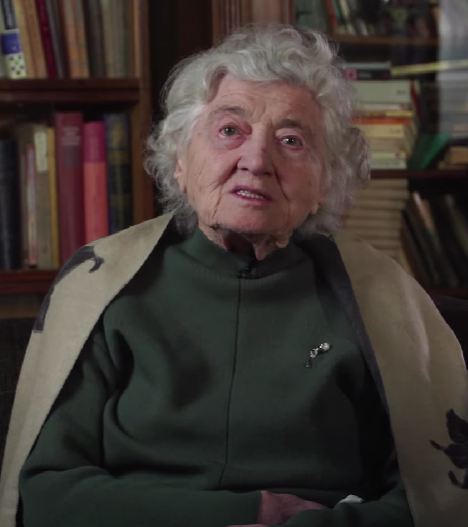
The position of a woman engaged in science in our country is not as simple as it might seem at first glance.
There is a Georgian proverb: “Long hair – short mind.” True, today women do not have long hair, but the second half of this saying, about a short mind, still remains in the psychology of some men, especially in Georgia.
Personally, no one stopped me, family stood in my way. On the contrary, my father kept asking me why I didn’t work. But I know many women who struggle even today.
It hurts my heart that even today, in some cases, women are forced to devote less time to scientific work or completely abandon it [for the sake of family and home]. But now we have so many good female scientists, there are politicians, there are presidents, and this is undoubtedly a sign of social progress.
Ano Chkhaidze — PhD Student in Cognitive Sciences
My interest in philosophy led me to science. I have always liked philosophical texts and reflections on “big” questions. But over time, I realized that it was no longer enough for me to simply read the arguments of others, I wanted to add a few words to this discourse myself. At the same time, I studied biology, which, compared to philosophy, offers more “objective” tools for answering questions.
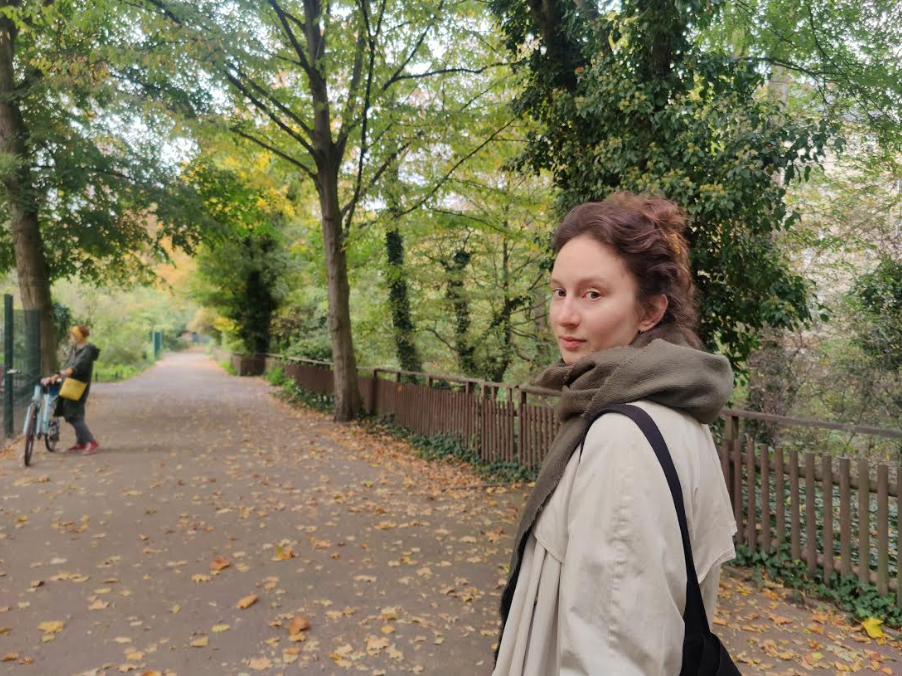
My field is called cognitive science, which is often used as a synonym for neuroscience, but the philosophies and approaches of these fields differ.
I am currently a graduate student in neuroscience at the University of California, San Diego. I explore the relationship between the phenomenology of human thought, cognitive behavior, and the brain activity associated with that behavior.
I was often told that I had a “boyish brain”, but was advised not to go into science, because it would prevent me from fulfilling the “main duty and mission” of a woman, having a family.
After the fact it seems funny, but to laugh at it, you need confidence that outweighs the influence of the environment. We are not born confident in ourselves, the environment plays a big role in shaping this. These “harmless” stereotypes actually lead many girls to believe that certain professions and behaviors are not suitable for them.
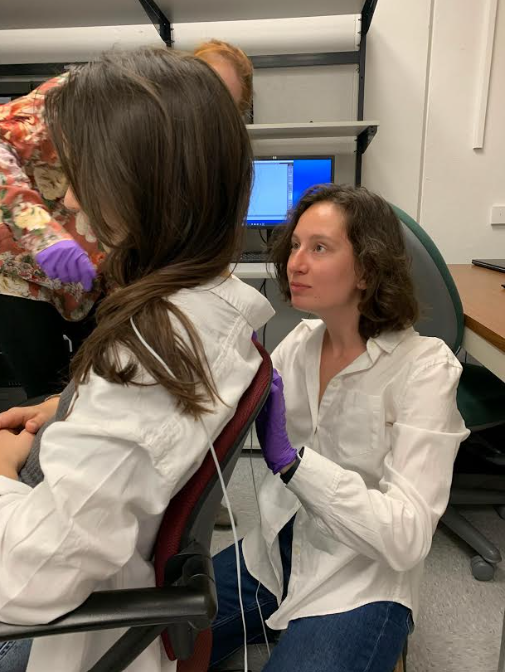
Of course, these stereotypes create obstacles for women, both internal and external. On the one hand, it makes us believe in myths about ourselves. These myths limit us, and it is difficult to destroy these myths. So even as we women dare to push the boundaries of our world, it is a process of constant exploration of ourselves and our abilities. This, of course, hinders progress.
On the other hand, there is a psychological phenomenon – unconscious prejudices, social stereotypes, according to which we evaluate representatives of certain groups.
I was lucky and my inner circle – family, friends, colleagues – did not spread stereotypes about me. But still, at conferences and in academia, I still wear stereotypically masculine clothes—that is, as if hiding my gender identity, for fear of being taken less seriously.
I mentioned this as my weakness, but it’s really a “weakness” and lack of environment that created such fears.
However, those of us who sincerely believe in equality and hate any kind of discrimination should also be critical of ourselves so as not to be guided by stereotypes transmitted from the environment and perpetuated at the unconscious level.
Gvantsa Vachadze – Doctor of Archeology, 32 years old
My interest in science was brought on by curiosity and the desire to improve myself. Science for me is associated with a continuous dynamic process, discoveries and developments.
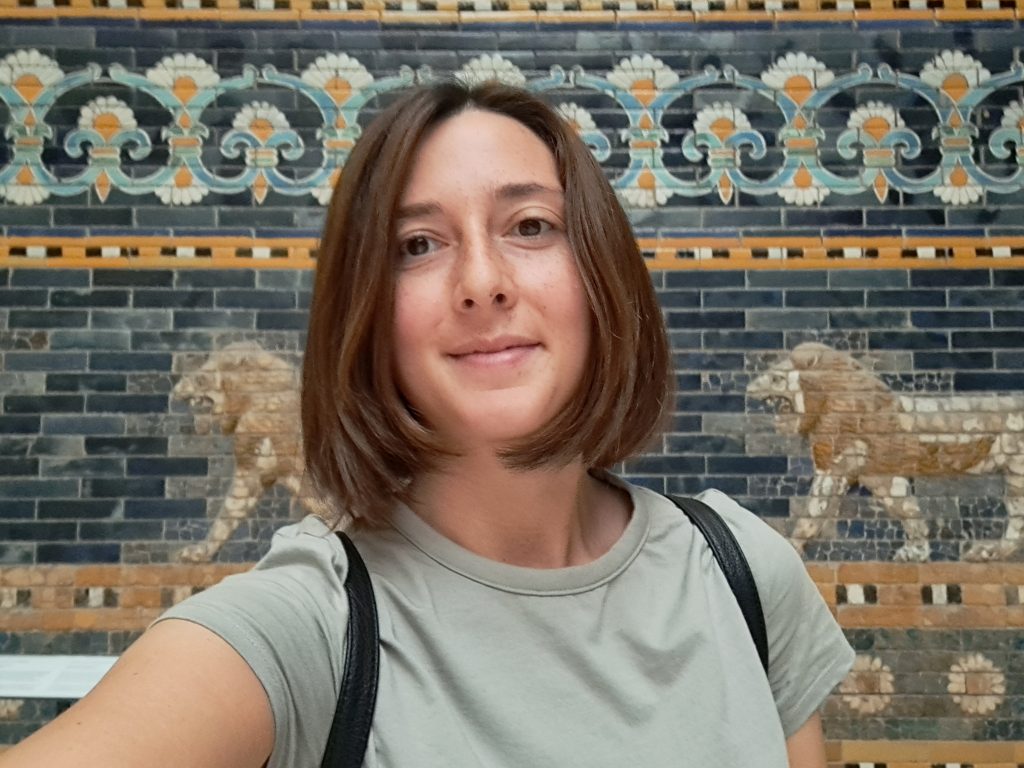
This area has fascinated me since an early age. The archaeological expedition seemed to me an interesting and mystical process. The uniqueness of this process lies in the possibility of revival of events and the abundance of discoveries. Archeology has no boundaries. It combines the formation of cultures and the processes of transformation of these formations over time, the diversity of social and political systems, rules, religions, wars, science, etc.
Since 2007, all phases of my academic studies have been associated with Ivane Javakhishvili Tbilisi State University. I also took part in archaeological practice, went on expeditions, after which I participated in local and international projects for many years.
For me archeology is the only discipline that most fully shows the history of mankind, from the very beginning to the present day. Archaeology plays a big role in raising awareness, not only in terms of studying the history of specific peoples, but also from a global perspective. Archaeological discoveries, combining the first architectural, economic, technological or scientific achievements, go beyond the modern borders of a particular country and create the most important sections of the history of the development of our planet.
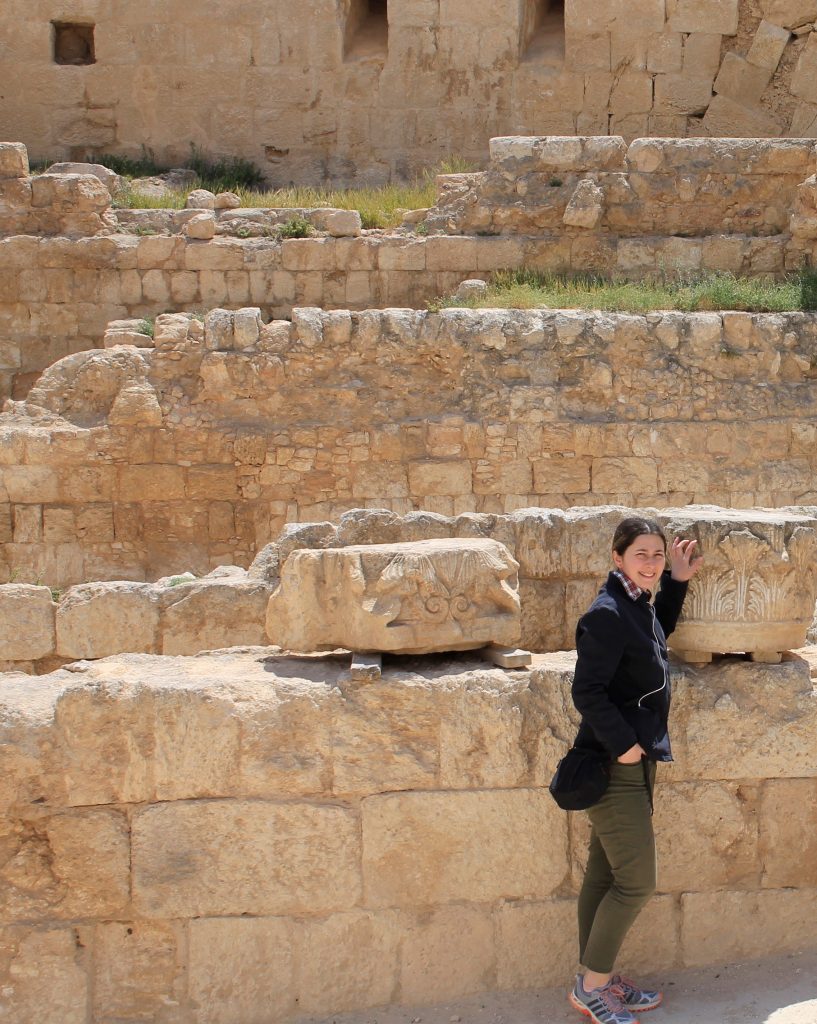
The interdisciplinary nature of scientific research made it possible to increase the information potential of the material obtained as a result of the archaeological expedition. In our country, one of the biggest difficulties and problems is the lack of appropriate technical and laboratory equipment, as well as relevant specialists, which greatly slows down the pace of research and makes it difficult to obtain the desired results. On the other hand, due to the specifics of the industry, the jobs allocated in this area, as well as the finances, are not enough. It is desirable in the future to pay more attention to these problems on the part of state bodies.
Despite the fact that society is still far from the ideal version of equality, there are fewer cases of gender division compared to previous years, which I consider the result of the destruction of stereotypes. In general, I think the success rate for men and women is the same, and this is gradually becoming more and more obvious.
Mzago Lobzhanidze — entomologist, biologist, 82 years old
After graduate school, I continued to deal with a topic that was very relevant for that time – the production of silk in Georgia. My supervisors expanded their requirements a bit, and I worked in different areas. So I switched to phytosanitation, which means protecting plants from pests and diseases.
Insects are so sensitive that sometimes I wonder at their behavior. I know that there are two types of thinking, concrete and abstract, and I think that insects do indeed have abstract thinking, i.e. they have the ability to imagine, they are able to determine in advance where favorable conditions are for them, a good habitat. I also need to know this in order to take appropriate action.
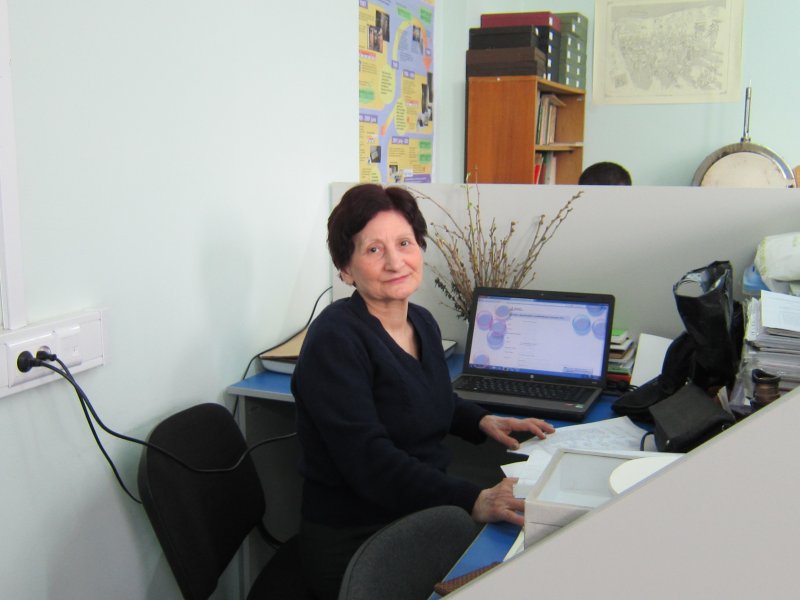
Photo: Agrarian University
Last fall three female scientists went to the Goderdze Pass, where there is a huge dead tree that has been affected by the very pests we are working on. The fact that we spotted an Asiatic wasp there was already big news. Before that, we had been studying Georgia for four or five years and we know the situation in the habitats, so we did not expect that the Asian wasp would move to those highlands.
It is very interesting what changes have occurred after wintering. As soon as spring comes, I will analyze these populations and compare the state of the lowland and high mountain populations, their biological characteristics, how long they could overwinter and what can be done to reduce their numbers and harmfulness.
In general, we avoid the use of chemicals in order not to pollute the environment, in order not to accumulate hazardous substances in the air, food, etc. But when one or another harmful organism multiplies so massively that no biological means can help, we are forced to resort to chemistry. This is called integrated combat.
We have no right to exterminate even one species. Conservation of biodiversity, protection of plants and, consequently, human health is also a task of phytosanitation.
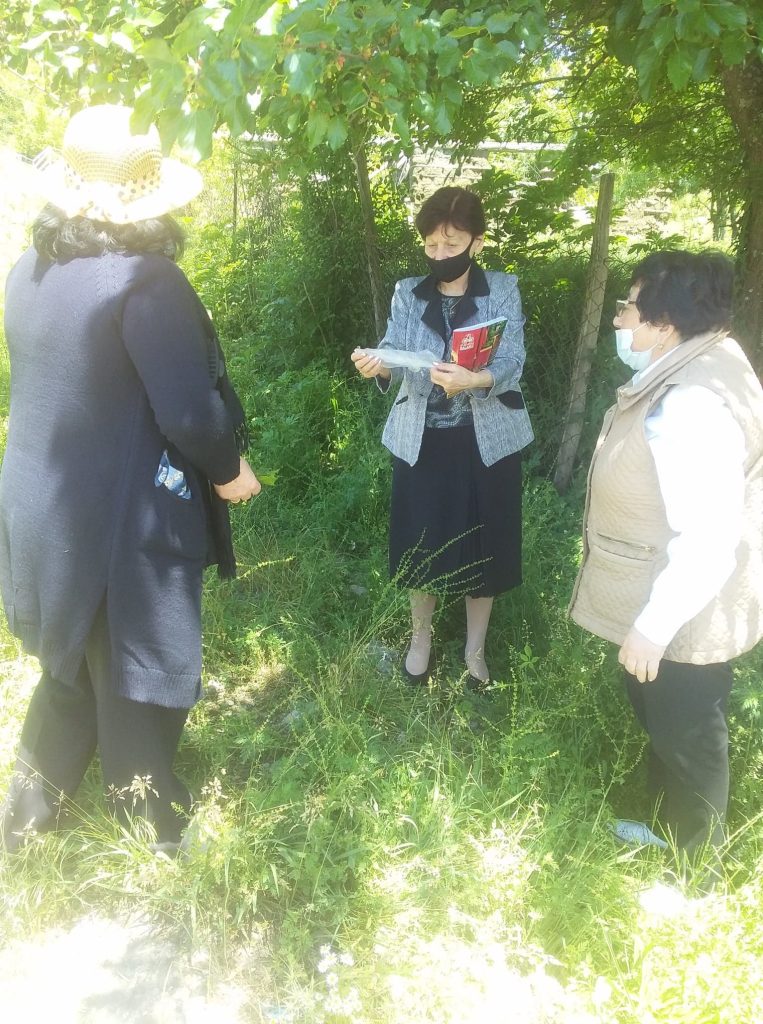
I have been working with students for 43 years and love it. When I see how their faces light up when they understand everything, I am happy. I have already prepared the future of the country in phytosanitation.
I am satisfied with my life, students, colleagues. I have never felt that because I am a woman, I am not being asked to do something. Once there was a joint meeting of two academies, and I heard a voice in the hall: “How can you bring entomologists from abroad when you have Lobzhanidze from Georgia?” I have nothing else, it’s all for me. It’s good that women are appreciated, especially now.
Elene Lortkipanidze — medical physicist, 24 years old
In my school years I thought that I did not understand technical subjects, and so I could never imagine that I would pursue physics. Everything changed when I started preparing for my school physics exams with a private teacher, Leah Gamzardia.
Leah was not only my teacher but in many ways my mentor, it was always a pleasure to work with her. She showed me both physics and science in general from a completely different angle.
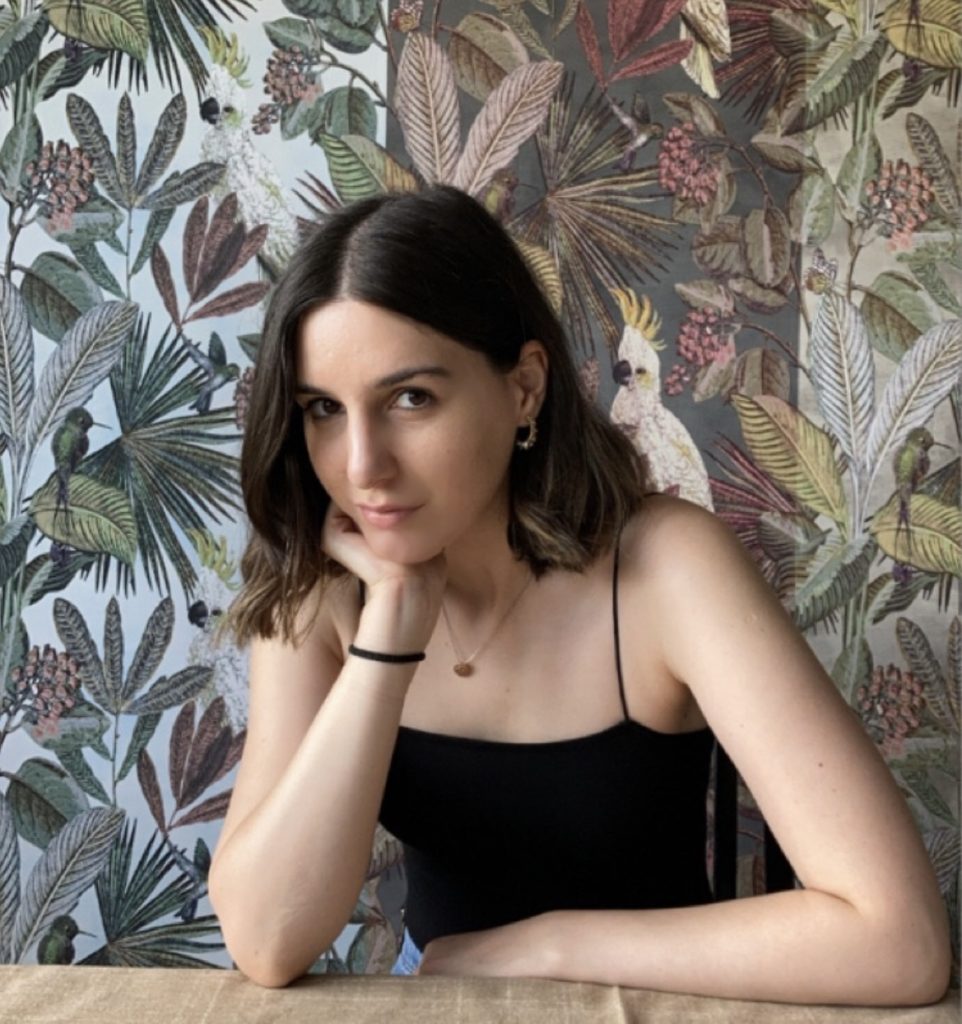
After a year of preparation I decided to make physics my specialty, in particular medical physics. In this choice for me, one important factor was the opportunity to help many people every day, both in diagnosis and in therapy, and this is what I like.
Medical physics is one of the most important and rapidly developing areas of modern medicine and science. It serves to prevent, diagnose and treat diseases using the laws of physics.
My professional clinical experience is in the curative/therapeutic area we call radiotherapy. Radiation therapy is used to treat cancer, tumor formations are irradiated with ionized radiation. This particular therapy is highly effective because the radiation beams can damage the DNA of tumor cells, causing them to die. This treatment process is carried out by protecting healthy tissues around the tumor with the highest precision, which excludes their damage.
My first, so to speak, serious step in this field was the victory in the Maria Skladowska-Curie program of the International Atomic Energy Agency. This is an organization that ensures the peaceful use of atomic energy in various fields of science and establishes the rules for nuclear and radiation safety.
In 2020, this organization announced a worldwide project to encourage and support young women scientists. The lecturer pushed me to send the papers. About a month later, I received a positive response and became one of the young women scientists from around the world who received funding to study at the headquarters of the International Atomic Energy Agency. Now I am preparing for this one-year internship in Austria, which means a year full of training and new experiences at the Department of Radiation Medical Physics and Dosimetry with the world’s leading medical physicists.
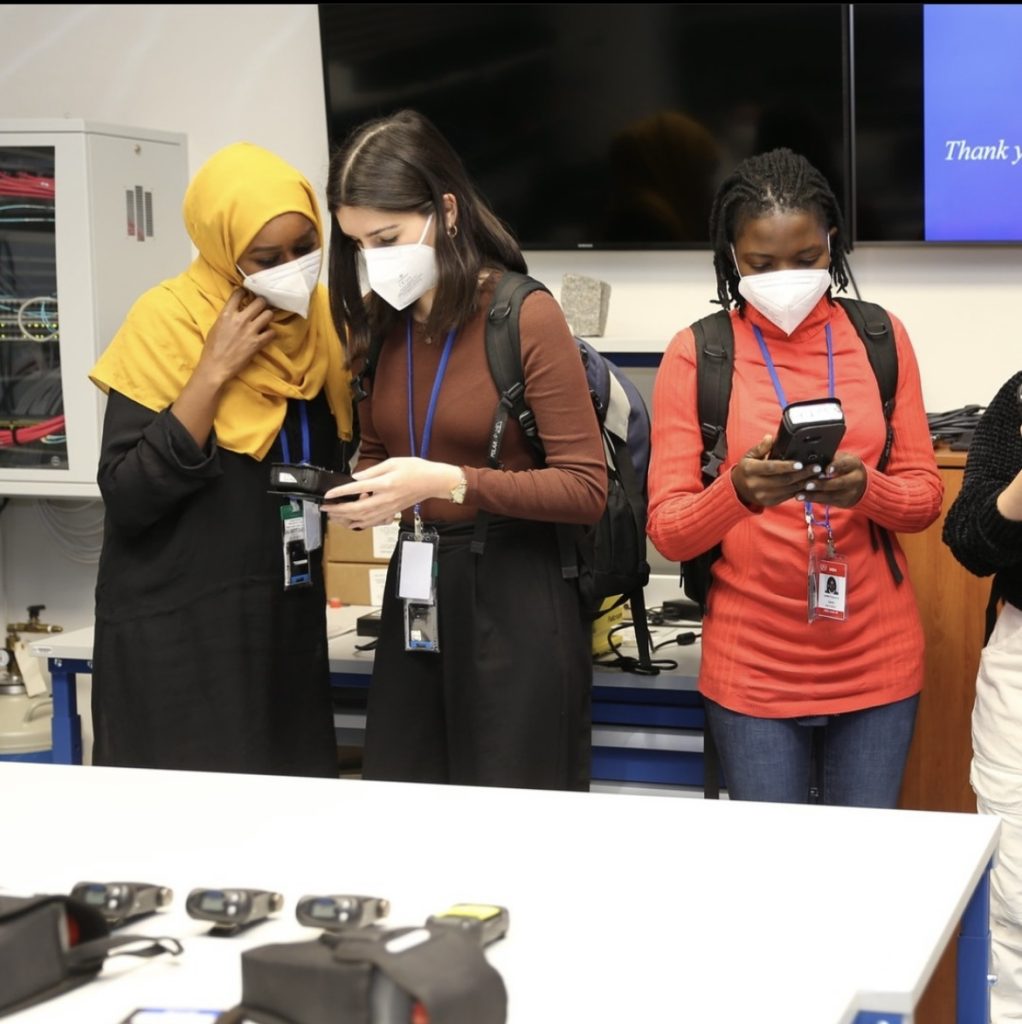
I think the situation with gender equality both in the world and in Georgia is improving day by day. Girls are already boldly choosing technical areas, and the stereotype that science is only a male field is gradually disappearing.
Of course, this does not mean that on the path of professional development you will not meet people who still believe in gender stereotypes, but in such situations it is more important how ready you are to face this situation. You must believe in yourself, be purposeful, and someone’s personal opinion should not stop you on the path to self-realization.


















